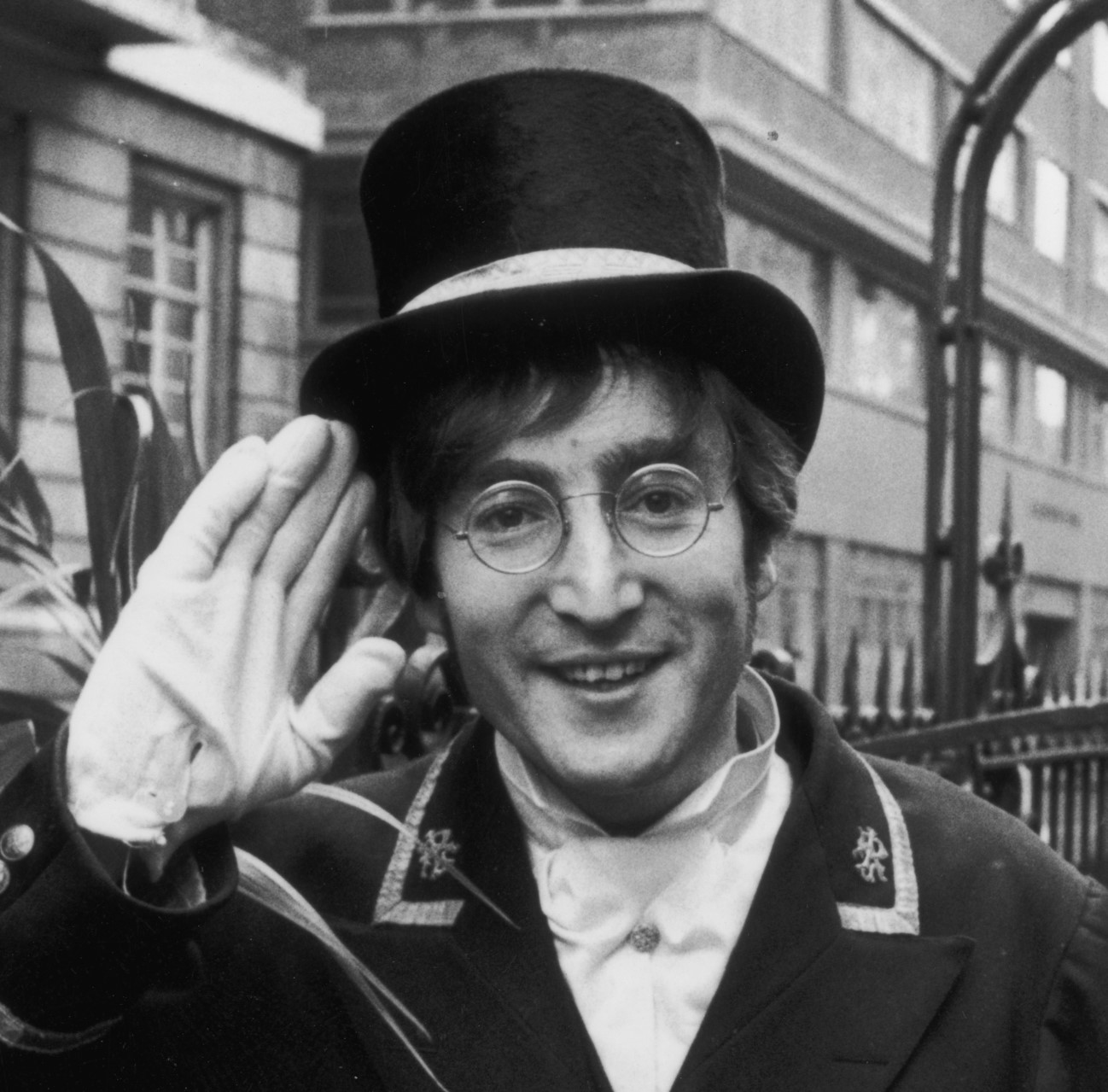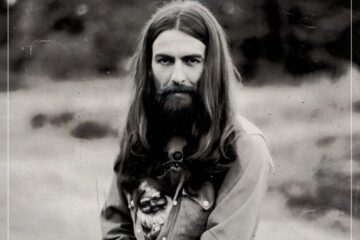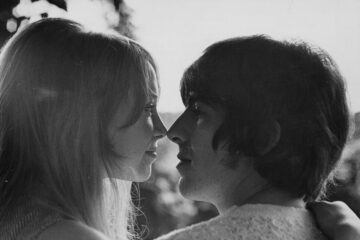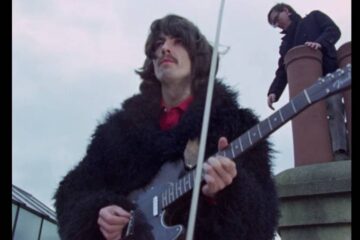News How John Lennon pushed the world into psychedelia
As we distance ourselves from the 1960s and the echoes of that era become fainter with time, there’s a tendency to mistakenly perceive The Beatles as overrated. While their music may sound dated by contemporary standards, it’s essential to recognise that they were at the forefront of musical innovation during their time. Their artistic and philosophical explorations had a profound impact, shaping culture into the diverse and multifaceted landscape it is today. Therefore, it’s fair to say that John Lennon, Paul McCartney, George Harrison and Ringo Starr are appropriately rated for their immense influence and contributions to music and society.
It might have been a glib off-hand comment, but Lennon’s notorious remark that The Beatles were “more popular than Jesus” in 1966 carried substance. The four shaggy-haired Liverpudlians had taken the world by storm. They sent many of their generation at home, America, and beyond into a frenzy, whereby they would pick up instruments and use them as their weapons for tearing down the infrastructure of the old world.
The Beatles’ arc is the most compelling in rock. After being introduced to weed by Bob Dylan and producing 1965’s Rubber Soul, they would grow dissatisfied with touring and playing live. Instead, they became a recording band, forgoing huge stadium shows to explore the full extent of the studio, using it for the first time as an instrument. On August 29th, 1966, San Francisco’s Candlestick Park became their final major show for years.
While the impassioned fallout from the Jesus comment played a significant part in the decision, so did the fact that their increasingly experimental songs could not be played live. On August 5th, 1966, The Beatles released Revolver, which many deem their masterpiece. Featuring the likes of ‘Eleanor Rigby’, ‘Taxman’, and ‘Yellow Submarine’, this was the record when the quartet took things up a gear and moved into a new chapter. They were now unconditional sonic pioneers.
The album’s highlight is the profoundly psychedelic closing track, ‘Tomorrow Never Knows’. Due to the intricacies that birthed it in the studio, it was one of the songs impossible to replicate in a live setting. Not only is the song a reflection of the newfound scope of The Beatles, but it also firmly places John Lennon as the definitive pioneer of psychedelia, as all of the outstanding genre records wouldn’t arrive until the following year: Cream’s Disraeli Gears, Jimi Hendrix’s Are You Experienced, Pink Floyd’s The Piper at the Gates of Dawn and of course, The Beatles’s Sgt. Pepper’s. Frank Zappa’s Mothers of Invention also released their experimental debut Freak Out! in 1966, but that was boundary-pushing in a different way from the form that would fast become known as psychedelia.
In his typically humble way, Lennon would also dub himself the progenitor of LSD-drenched music. It all started in the spring of 1965, a time when he and his bandmate George Harrison attended a dinner party where the host, John Riley, slipped LSD-soaked sugar cubes into their drinks. Before too long, their eyes dilated, and their perception changed. This spiking proved such a meaningful experience that they immediately retook the drug. By March of the following year, the entire group were now deep in their psychedelic voyaging, and it changed their art and the world forever.
Lennon became obsessed with the most prominent LSD advocate, Timothy Leary and his book The Psychedelic Experience: A Manual Based on The Tibetan Book of the Dead. In the 1964 novel, he explores drugs inducing religious and mystical states of consciousness. Later, when flying to Trinidad, Lennon read passages from the book into a recorder, including the Buddhism-influenced, “Turn off your mind, relax and float downstream”. Not only would this become the opening line of ‘Tomorrow Never Knows’, but it would also distil the entire essence of the nascent psychedelic movement.
Although it’s the closing track, ‘Tomorrow Never Knows’ was the first song recorded for Revolver and set a precedent in raising the bar for the group and all of its contemporaries. Lennon would describe the otherworldly composition as “almost the first acid song”, and he wasn’t wrong. Everything from the now-ubiquitous sampling to euphoric dance music can be traced back to it outside the immediate psychedelia.
Brought to life by using a second recorder on Lennon’s vocals, the Indian instrument the tamboura, a swirling C chord and droning reversed guitars, not to mention Ringo Starr’s repetitive, almost-automated beat, ‘Tomorrow Never Knows’ represented popular music changing, and moving with the exploratory spirit of the times. Lennon wanted to mirror the states he had experienced while high that Leary had spoken about, and he came extremely close. It was such an achievement that The Beatles knew their time on the road was over; their perception had changed.




